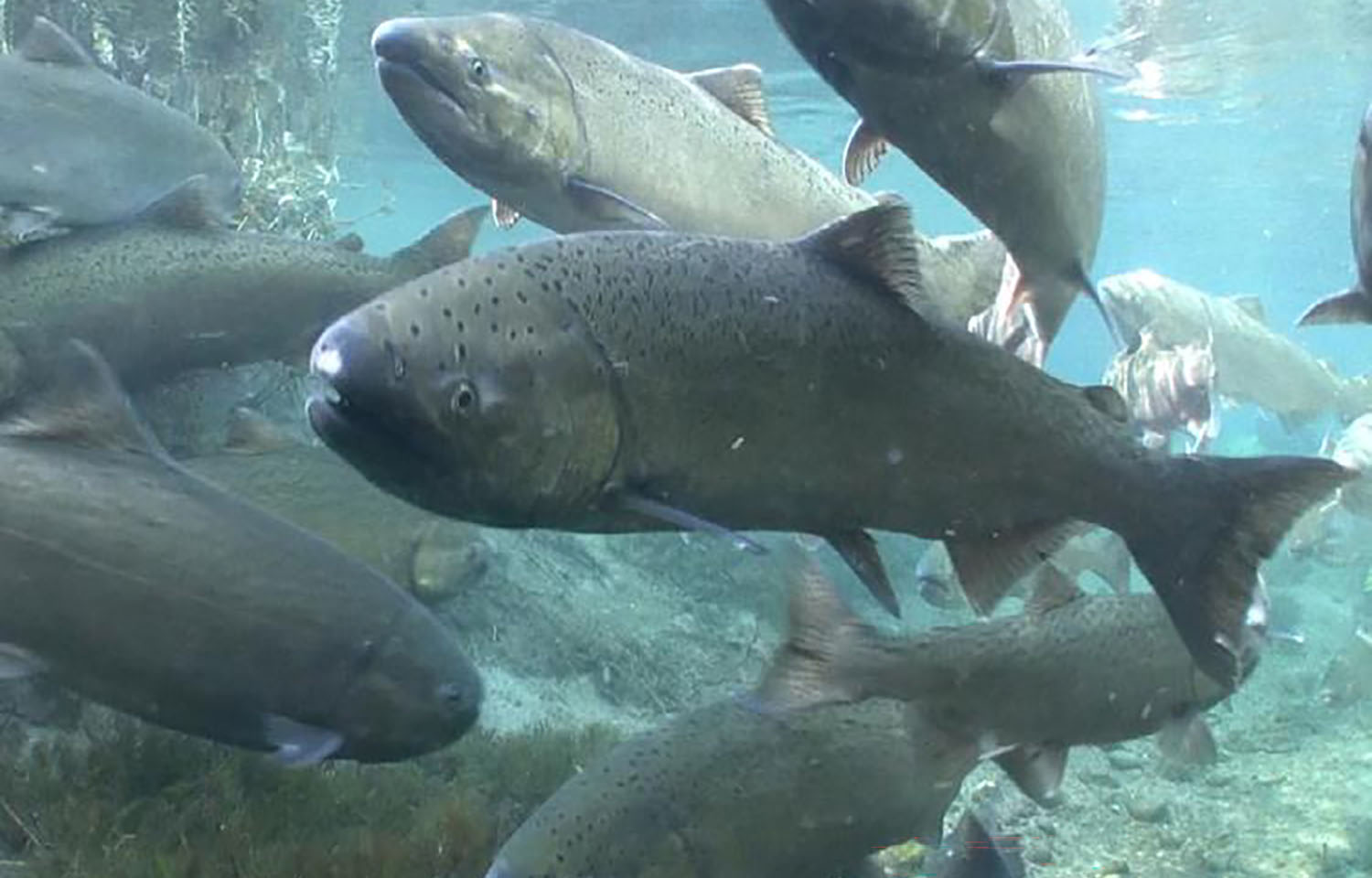The U.S. Department of Commerce has allocated USD 20.6 million (EUR 19.2 million) in financial relief to the state of California following the closure of its Chinook salmon season in 2023.
“Fishery disasters have wide-ranging impacts and can affect commercial and recreational fishermen, subsistence users, charter businesses, shore-side infrastructure, and the marine environment,” U.S. Secretary of Commerce Gina Raimondo said. “These funds will help affected California communities recover and improve sustainability.”
California’s 2023 commercial and recreational Chinook salmon fisheries were closed so the fish population could recover after low stock abundance forecasts.
In response, California lawmakers wrote a letter to the administration of U.S. President Joe Biden in April 2023 asking them to approve financial relief urgently.
“A host of factors have pushed these iconic and important fisheries to the point of collapse, including prolonged and historic drought, severe wildfires, impacts to spawning and rearing habitat, harmful algal blooms, and ocean forage shifts and associated thiamine deficiency. Extreme climate disruption is compounding these factors and is now testing the resiliency of our salmon,” California Lieutenant Governor Eleni Kounalakis wrote in a request for federal financial aid in April 2023. “Those factors, culminating in the anticipated closure of SRFC [Sacramento River fall-run Chinook] and KRFC [Klamath River fall-run Chinook] commercial and recreational fisheries, will have severe and long-lasting effects on already distressed coastal communities and the businesses that depend upon these fisheries.”
The state claimed the closure would result in losses of USD 45 million (EUR 42 million) and filed a request for a fishery disaster declaration with NOAA Fisheries. The federal government approved the request in November, clearing the way for the agency to allocate funding to affected communities and individuals.
California lawmakers welcomed the relief, but they noted that the funding was well below what the California state government requested in April 2023.
“While I am glad we were finally able to get some relief into the hands of folks who have been hit hardest by last year’s salmon fishery closure, it is grossly inadequate for addressing the severity of this disaster,” U.S. Representative Jared Huffman (D-California) said. “We got this relief out the door faster than what’s standard in the federal government, but I know that’s not nearly quick enough for the needs of fishermen who depend on this money for their equipment, their operations, and their lives.”
U.S. Senator Alex Padilla (D-California) echoed both Huffman's relief that the state received funding but disappointment in the amount granted.
“The plummeting Chinook salmon populations and resulting fishery closures are nothing short of a disaster – and the federal government needs to treat it as such,” Padilla said. “This funding will help affected communities, but it falls far short of what fishers, Tribes, businesses, and families who depend on healthy salmon fisheries need to sustain their livelihoods.”
Huffman said he plans to get answers on the disparity between the original request and the final allocation.
“I will always pressure the administration to get the quickest help possible for my constituents – whether it’s for fisheries closures, natural disaster relief, you name it. And, I plan to get to the bottom of why NOAA could not provide even half of California’s request and where the additional USD 25 million [EUR 23.3 million] went.”
Huffman’s concerns come amid growing pressure on NOAA Fisheries to increase transparency of its fishery disaster process. Congress passed the Fishery Resource Disasters Improvement Act in 2022 to streamline the fishery disaster declaration process. Republican lawmakers wrote a letter to NOAA Fisheries officials asking for increased transparency on the process.
U.S. Representative Garret Graves (R-Louisiana) also criticized the process for being far too slow in January after the agency announced financial relief for several disasters, some of which date back to 2017.
"Fishers shouldn't have to wait four years to receive funds from a disaster; while they've been waiting for dollars, many of them are tying their boats up and going out of business because of bureaucracy,” Graves said. “These funds are welcome relief, but we will continue to fight for improvements to the allocation process so that recovery dollars get to fishers faster.”
Photo courtesy of U.S. Fish & Wildlife Service







